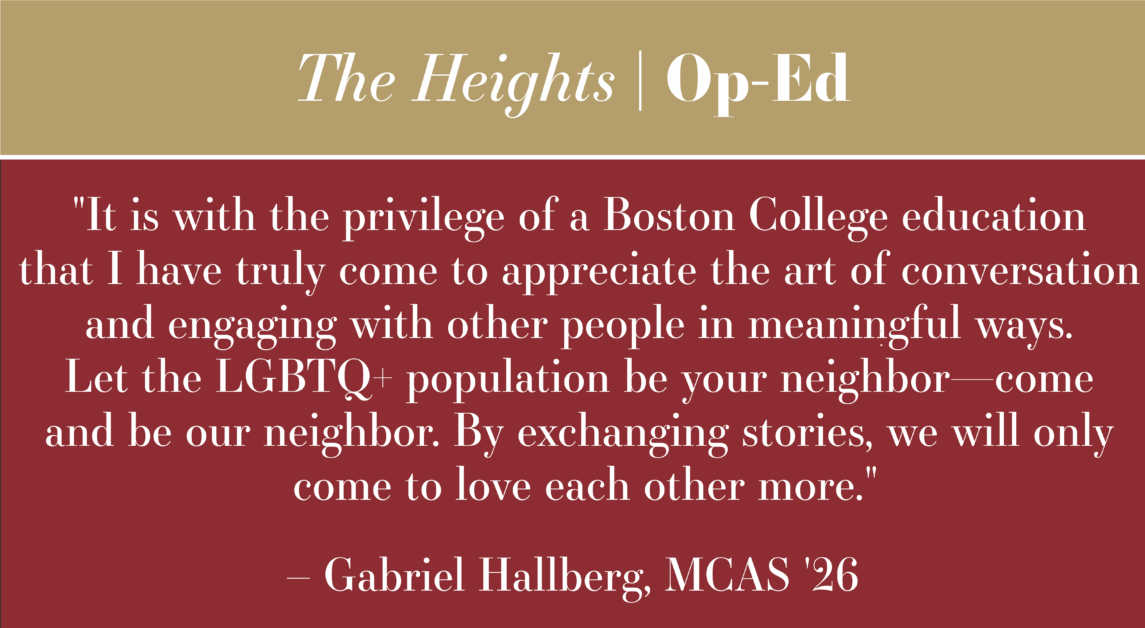Let’s be honest about why Boston College didn’t sign the Ignatian Solidarity Network’s “Statement of Leaders in Catholic Higher Education Globally on Pope Francis’s Encyclical.” I want to suggest two reasons: First, Fr. Leahy and the administration has consistently refused to be open to any action on climate justice beyond the most abstract commitment to “sustainability,” for fear that too robust an activist posture on this issue would scare the big-money donors that BC apparently relies upon (to say nothing of the corporate recruiters that CSOM courts and the children of the same who may not want to apply to a university with such a “controversial” stance).
But second, and more crucially, BC simply cannot sign any statement that says: “We acknowledge and embrace these moral and religious imperatives to work for a world characterized by global social justice and solidarity which the Gospels, Catholic Social Tradition, and now Pope Francis lay out before us.” Because there is a slippery slope: Once it is unequivocally acknowledged that the love of the God of Israel (and therefore the love witnessed to in the Gospels, in the Catholic Social Tradition, and in the Pope’s writings) is not the civilizing mission of service trips and “privilege awareness” but rather a radical trans-valuation of value that un-masks the idolatry of power (and power as idolatry), BC would open itself to criticism for its failures not just on climate justice, but on every social justice question. BC would have to answer for the violation of black and brown bodies that they have silently watched, then perpetuated; for the destruction of Creation that our most treasured graduates orchestrate under the pretense of “management”; for the racialized exploitation of poor and working people that BC students are daily trained and encouraged to exacerbate; to say nothing of the violence done to queer and trans folks that BC silently condones every day, to say nothing of violence against women, to say nothing of…
Once it is acknowledged that the love to which the Gospel witnesses is revolutionary love, a love bound not to power and prestige but to inglorious, un-respectable resistance to power, it would become inescapably clear that BC is a Catholic university in name only. And as terrified as BC is of divestment, the prospect of being called to account for the ways in which the institution (not to say all of its affiliates) has consistently and systematically neglected the “least of these” (a calling to account which, ironically, Christians ostensibly believe God will ultimately perform), the accounting of the ways in which Christianity is primarily a part of BC’s brand as opposed to its lived actuality, is a much more threatening prospect. BC has shown itself to be perfectly comfortable talking about Jesus, but talk is cheap, and to be a Catholic university requires something more costly: not just talking about Jesus, but following him.
Evan Goldstein
BC ’15
Featured Image by Ramon Espinosa / AP Photo







